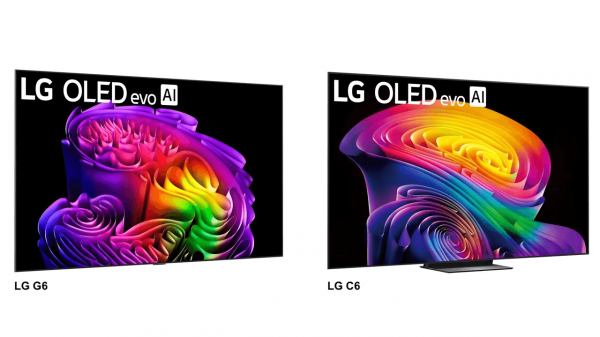Among the most important characteristics a company looks for when hiring an employee is reliability. This characteristic often overshadows the value of experience or potential because a company wants to know when they need somebody the most, that person is going to step forward.
That value of reliability is something we all appreciate in many aspects of our life. We often go to the same mechanic because we believe when our car starts making a strange noise they will fix the problem; we might pass by several dry cleaners to drop off our clothes because we know the one we’ve been going to for years will have them ready when they say; and when it’s tax time we more often than not go to the same accountant because we trust they’ll provide us with the best service.
In everyday life there are few things that we depend on more and probably consider more reliable than our computers. We trust that when we turn them on they will operate flawlessly, the great benefit of living in a technological age.
Unfortunately computer reliability isn’t always a guarantee and more often than not we point the finger of blame in the wrong direction when problems begin to arise. When it comes to how quickly reliability can turn to liability, there aren’t many more relevant examples than an unprotected computer, and that’s the fault of the owner.
When our computers begin to experience reliability problems, things like slow boot up time, difficulty accessing and sending email, loss of files and applications, or sluggish Internet browsing, we need to address the problem or we could be facing a devastating crash that could result in the loss of any information we have saved on the hard drive.
It isn’t uncommon for people who are experiencing computer reliability problems to blame their own computer, as if the hard drive had been plotting since day one to drive them crazy. The truth is that blame is misguided. Just like our cars need to have oil to run properly, our clothes need to be cleaned to smell fresh and our taxes need to be done properly to avoid penalties, our computers need to be protected to avoid reliability problems.
These reliability problems are usually associated with the computer disease known as fragmentation. This disease is typically what leads to those long delays waiting for our computer to respond to prompts. The delays often have little to do with the age of the computer and more to do with our own failure to protect the computer from this disease.
Failing to protect our computer from fragmentation is more or less an open invitation welcoming the disease.
This is because fragmentation is a natural process that occurs on the hard drive due to the very manner in which they are manufactured. Fragmentation is directly related to the way files are saved and stored on the hard drive and when things begin to go wrong they can get exponentially worse very quickly.
The hard drive saves and stores files in a contiguous manner, meaning each time a file is saved it is placed directly behind the last file saved and so on. As we open these saved files, modify them, and then resave them they no longer fit in the same space they originally occupied. Instead of making room to keep the file together the hard drive cuts the excess information and then stores it in the next available space. This is now a fragmented file.
As these files continue to be modified, changed, updated, etc they are fragmented into more pieces and continue to be spread across the hard drive. This is what causes the slowdown because the hard drive becomes forced to search for all these pieces whenever a file is requested. The added work of searching becomes taxing after awhile and the slowdowns continue to a point where the hard drive can no longer operate and it crashes.
The sad thing about that scenario is it is very easy to prevent and all it takes is a simple action on our part. That action is the installation of defragmentation software. Once installed defrag software will scan the hard drive and find the damaged files and quickly repair them, joining together the pieces that belong to a single file and saving them in one space. This instantly improves the computer’s speed because it no longer has to look for the fragmented pieces; rather it goes directly to where the file is saved.
An added feature of defrag software is that it continues to monitor the hard drive, ensuring it is protected from fragmented files and remains reliable.
For those who really do value their computer and appreciate the reliability that it can provide the act of installing defragmentation software is the easy way to keep things running smoothly.























